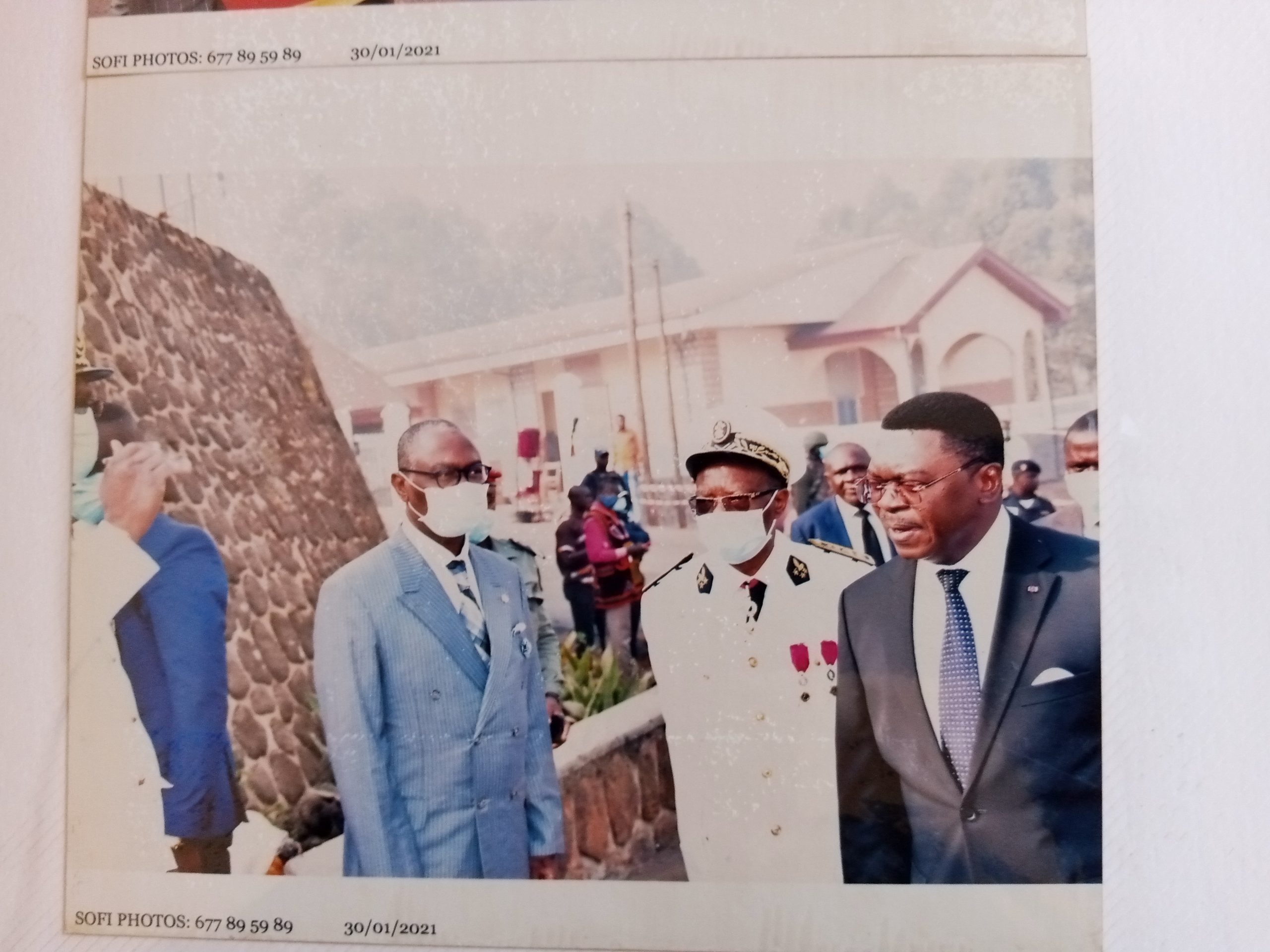Interview
Interview with the President of the North West Regional Assembly for 4th Edition of The North-Westerner
By Charles Tembei

“How did you receive the news of the release of the President of the House of Chiefs and how does this augur for work at the North West Regional Assembly?
“How is the NW Regional Assembly faring midway into the term of office of the pioneer team of NWRA council executives?
“We do have an impression that, so far, the different organs of the North West Regional Assembly do not yet have a perfect mastery of their roles. What’s your take on this?
“Close to 30 months since you and your team took the oath of office, what do you think have been your major achievements?
“Do you understand the impatience of the people with the pace at which you are going? Some say you have nothing concrete to show, apart from studies!
“You have just had the NW Regional Development Plan 2022-2027 validated. So, what next after this approval?
“Where are we with the NW Development Fund whose inception you announced a long time ago?
“Q. What do you have off your sleeves in the second segment of your term?
“Q. There are plans to construct a permanent seat for the North Regional Assembly worth about 7 billion cfa francs and already some people are jittery about the colossal sum of money to be spent on this project. They consider this a misplaced priority! What do you have say about this?
“Q. Do you have a specific message you would want to address to the people of this region who are looking up to you for a turn-around in their livelihood?
Interview
Interview With the President of the Regional Executive Council on Sizing Up the Mid term Mandate of the North-West Regional Assembly.
As year two of the mandate of the North-West Regional Executive Council wraps up, Choves Loh and Gwain Colbert caught up with the President of the Regional Executive Council, who fielded questions on the road covered so far for "The North-Westerner Magazine." Excerpts below.

 Colors
Colors 











